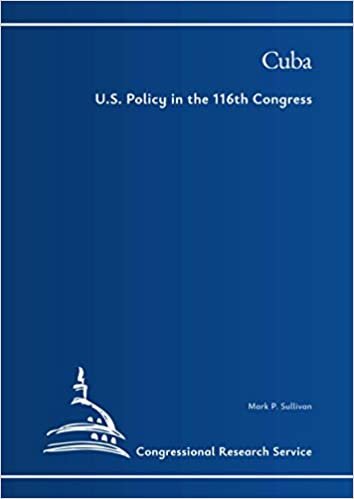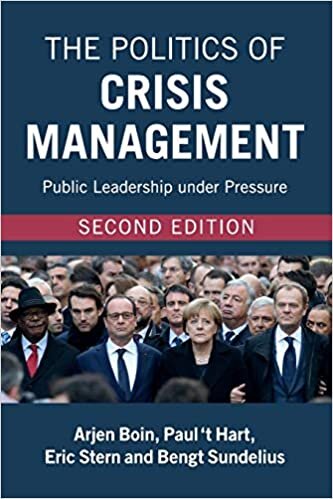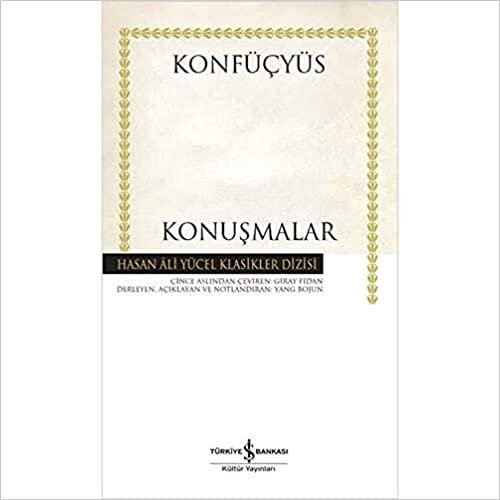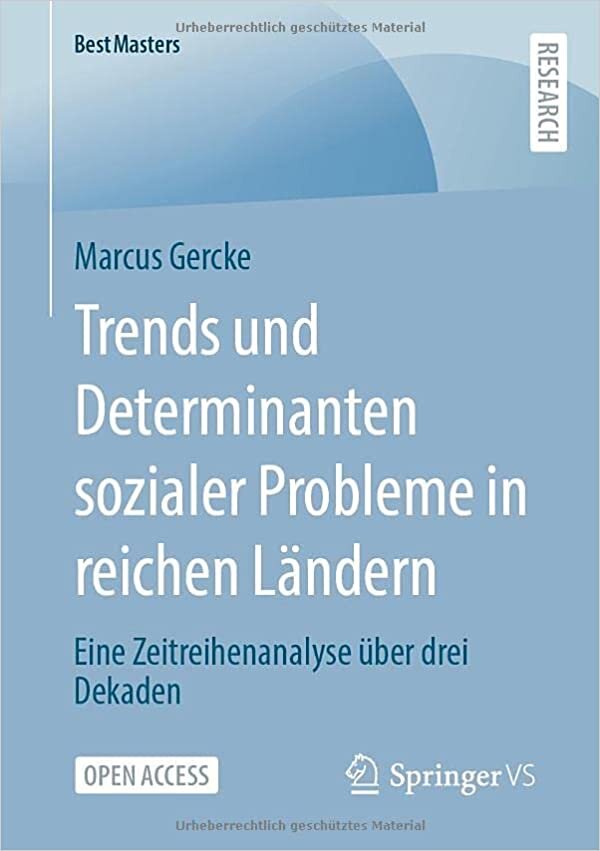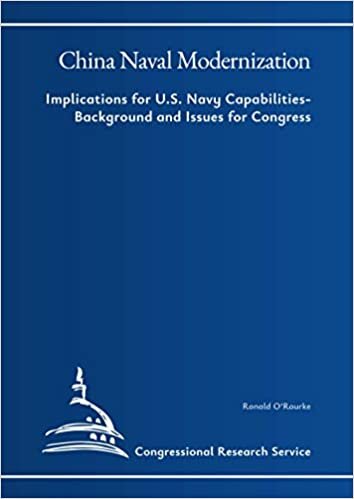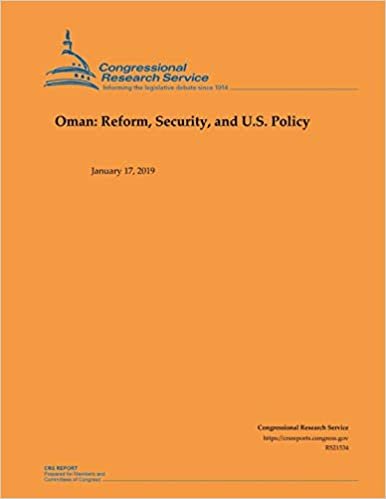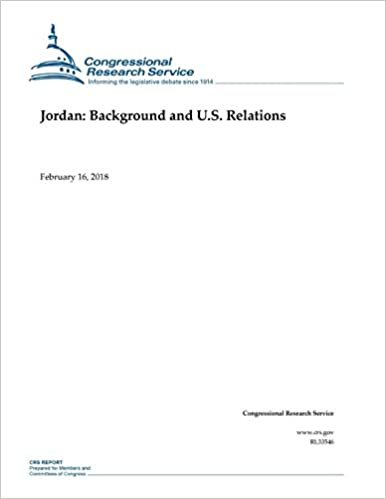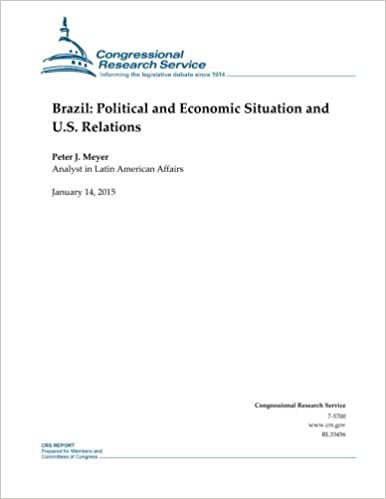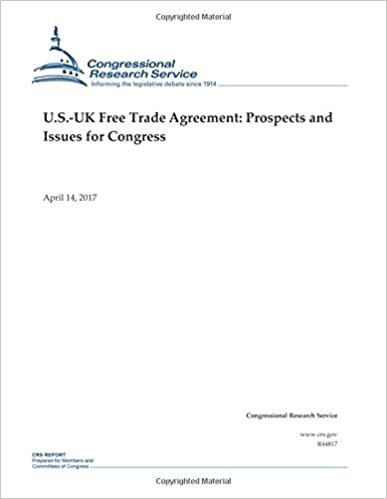Cuba: U.S. Policy in the 116th Congress
Amacımız .fb2 formatında bir kitap okumanıza yardımcı olmaktır. Böylece Cuba: U.S. Policy in the 116th Congress kitabını kolayca açabilir ve Congressional Research Service ile diğer birçok kitabı okuyabilirsiniz. Bu biçim, Cuba: U.S. Policy in the 116th Congress dahil olmak üzere elektronik kitap okumak için bir yazılım üreticisi olan birçok yayıncı tarafından yaygın olarak desteklenmektedir. Kitapları FictionBook formatında saklamanın destekçilerinin temel amacı, bir FictionBook format dosyasını {{title} da bulabileceğiniz diğer popüler formatlara kolayca (otomatik olarak dahil) dönüştürme yeteneğiyle Cuba: U.S. Policy in the 116th Congress kitabının yapısını açıkça saklamaktır. } Web sitemizde. İşleme sırasındaki bu depolama, kitapları başka bir biçimde depolamaktan çok daha az zaman ve çaba gerektirir. En önemlisi, FictionBook formatı Cuba: U.S. Policy in the 116th Congress gibi kurgu için uygundur. Bu biçim, e-kitapların ve "okuyucuların" artan popülaritesi ile birlikte popülerlik kazanmaktadır. Bu nedenle, Cuba: U.S. Policy in the 116th Congress kitabını bu biçimde indirmenizi öneririz. Dahası, neredeyse her cihazda açabilirsiniz. Bu biçim sayesinde Cuba: U.S. Policy in the 116th Congress kitabı, hareket halindeyken veya canlı bir kitap alamayacağınız veya bir dizüstü bilgisayarda açamayacağınız alışılmadık bir yerde okumak için çok uygun olan tabletinizin veya akıllı telefonunuzun ekran boyutuna otomatik olarak ayarlanır.
| Yazar | Congressional Research Service |
|---|---|
| Yayın Evi | Independently published |
| Dil | İngilizce |
CreateSpace Independent Publishing Platform Independently published Almanca Gale, U.S. Supreme Court Records Leopold Classic Library Book on Demand Ltd. Ulan Press J Saosa İngilizce Additional Contributors İtalyanca İspanyolca Babadada Gmbh Kolektif Icon Group International Türkçe J B SBoon Fransızca
indir okumak internet üzerinden
| Yazar | Congressional Research Service Mark P. Sullivan |
|---|---|
| İsbn 13 | 979-8583649976 |
| Yayın Evi | Independently published |
| Dil | İngilizce |
| De olduğu gibi | B08QWH3HD9 |
| tarafından gönderildi Cuba: U.S. Policy in the 116th Congress | 19 Aralık 2020 |
Updated 05/14/2020: Political and economic developments in Cuba, a one-party authoritarian statewith a poor human rights record, frequently have been the subject of intense congressional concernsince the 1959 Cuban revolution. Current Cuban President Miguel Díaz-Canel succeeded RaúlCastro in April 2018, but Castro continues to head Cuba’s Communist Party. A new constitutiontook effect in 2019 that introduced some political and economic reforms but maintained the statesector’s dominance over the economy and the Communist Party’s predominant role. Over the pastdecade, Cuba has implemented gradual market-oriented economic policy changes, but it has nottaken enough action to foster sustainable economic growth. The Cuban economy is being hard-hitby Venezuela’s economic crisis, which has reduced Venezuela’s support for Cuba and increased U.S.economic sanctions, and by the economic shutdown in response to the Coronavirus Disease 2019(COVID-19) pandemic. Cuba’s economy faces a contraction of more than 8% in 2020. The globalcontraction in economic growth, trade, foreign investment, and tourism likely will slow post-COVID-19 economic recovery.Since the early 1960s, the centerpiece of U.S. policy toward Cuba has been economic sanctionsaimed at isolating the Cuban government. Congress has played an active role in shaping policytoward Cuba, including by enacting legislation strengthening, and at times easing, U.S. economicsanctions. In 2014, however, the Obama Administration initiated a policy shift away fromsanctions and toward a policy of engagement. This shift included the restoration of diplomaticrelations (July 2015); the rescission of Cuba’s designation as a state sponsor of internationalterrorism (May 2015); and an increase in travel, commerce, and the flow of information to Cubaimplemented through regulatory changes.In 2017, President Trump unveiled a new policy toward Cuba that introduced new sanctions androlled back some of the Obama Administration’s efforts to normalize relations. In September 2017,the State Department reduced the staff of the U.S. Embassy by about two-thirds in response tounexplained health injuries of members of the U.S. diplomatic community in Havana. The reductionaffected embassy operations, especially visa processing. In November 2017, the State Departmentrestricted financial transactions with over 200 business entities controlled by the Cuban military,intelligence, and security services; the so-called restricted list has been updated several times, mostrecently in November 2019.Since 2019, the Trump Administration has ramped up economic sanctions to pressure theCuban government on its human rights record and its support for Nicolás Maduro’s government inVenezuela. The Administration has tightened restrictions on travel to Cuba, eliminating people-to-people educational travel, prohibiting cruise ship travel from the United States, and limitingflights between the United States and Cuba to Havana flights only. The Administration also hastaken actions to allow lawsuits against those trafficking in property confiscated by the Cubangovernment, imposed sanctions targeting Venezuela’s oil exports to Cuba, and imposed a seriesof other trade and financial sanctions. (See “Key Trump Administration Sanctions and OtherActions,” below.)
Son kitaplar
İlgili kitaplar
China Naval Modernization: Implications for U.S. Navy Capabilities- Background and Issues for Congress
indir bedava
China Naval Modernization: Implications for U.S. Navy Capabilities- Background and Issues for Congress
indir bedava
